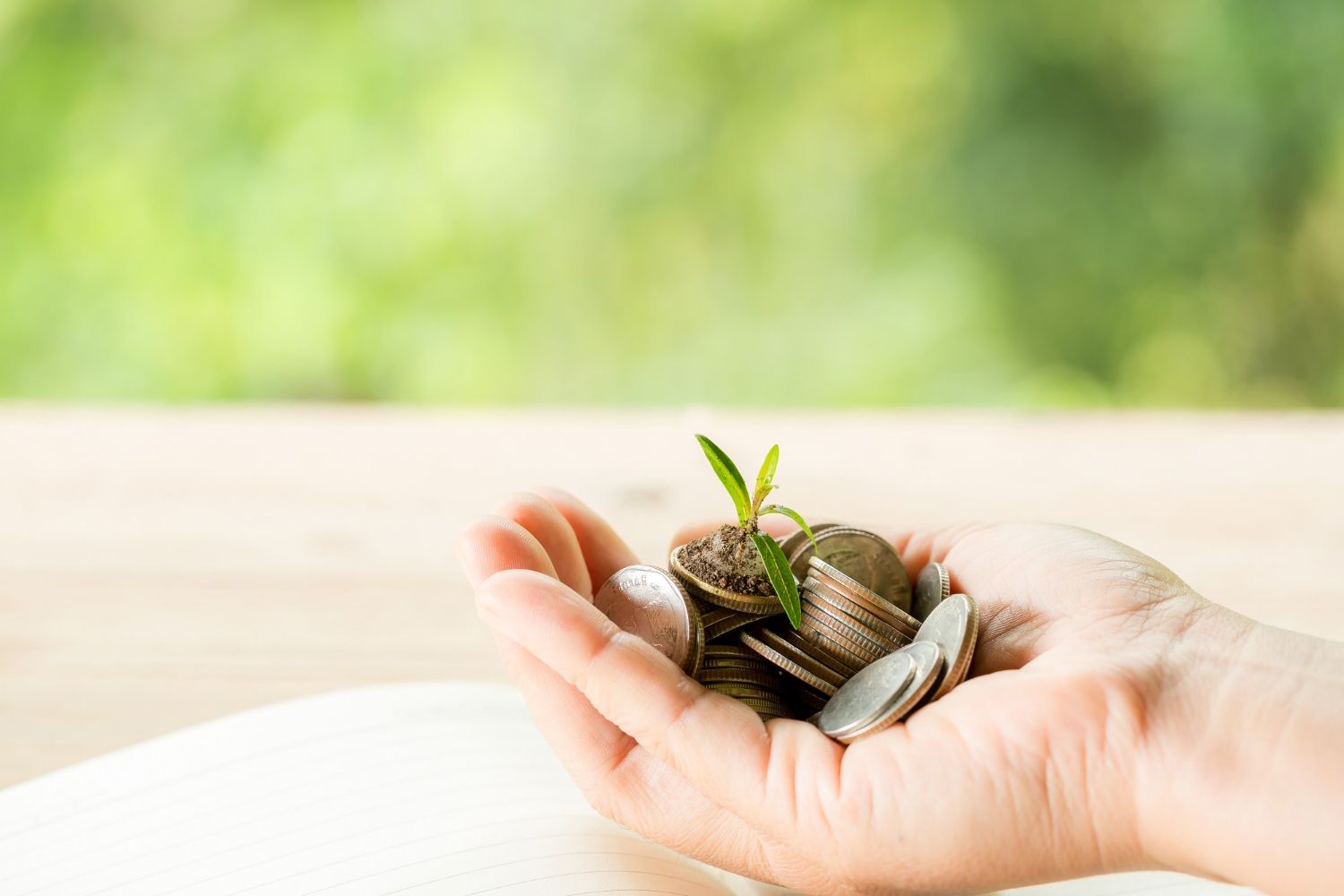Indonesia continued its dominant position in Southeast Asia’s green investment landscape, attracting nearly US$1.6 billion in 2023. This growth, a 28% increase from the previous year, reflects the country’s strong commitment to sustainable development and decarbonization goals.
Indonesia’s share of green investments in the region accounted for 25% of Southeast Asia's total, making it the largest recipient in the area. Key investments spanned across sectors such as renewable energy, electric vehicle (EV) development, and sustainable agriculture.
EV Ecosystem Gains Momentum
In 2023, Indonesia witnessed a significant surge in its electric vehicle (EV) ecosystem. As part of its transition towards a low-carbon economy, the country is targeting 20% of new vehicle sales to be electric by 2025, up from just 1% in 2022. The government’s push is supported by investments in EV battery manufacturing, with companies like Indika Energy and Ilectra Motor Group making notable strides.
The country's EV ecosystem has seen substantial private investment, including a US$191 million investment by Indika Energy into EV battery production. Furthermore, Indonesia's abundant nickel resources are playing a key role in supporting the global demand for EV batteries, positioning the country as a potential leader in the EV supply chain.
Carbon Pricing and Market Rollout
Indonesia made significant strides in carbon pricing as part of its strategy to reduce greenhouse gas (GHG) emissions. In early 2023, the country launched a mandatory emissions trading system (ETS) for coal-fired power plants, a move expected to reduce 500,000 tons of CO2 emissions in 2023 alone.
The government has committed to enhancing its carbon pricing framework by expanding ETS coverage beyond the power sector and integrating international carbon certifications. These measures will help accelerate the adoption of clean energy technologies and support the transition towards a net-zero economy.
Private Investment Drives Green Growth
The private sector continues to be a major driver of green investment in Indonesia, with US$1.6 billion in private green funding recorded in 2023. A notable portion of this investment is focused on fuel substitution, agriculture productivity, and microfinancing for small and medium-sized enterprises (SMEs).
For instance, Petronas and Pertamina’s acquisition of a US$650 million stake in the Abadi gas project and IFC's US$500 million investment in women-led SMEs are just two examples of the large deals supporting Indonesia’s green transformation. These investments align with the country’s broader goals of increasing renewable energy adoption and boosting energy efficiency.
Industrial Climate Progress
One of the most significant milestones in Indonesia’s green economy development is the establishment of the Jababeka net-zero industrial cluster, the first of its kind in Southeast Asia. This cluster, home to over 2,000 companies, aims to transition from fossil fuels to renewable sources like solar energy, with an emphasis on improving energy efficiency.
The cluster's development highlights Indonesia's commitment to creating a competitive environment for industries to adopt low-carbon practices, especially within export-oriented sectors. The battery value chain, driven by Indonesia’s nickel reserves, is also expected to be a key area for growth, further integrating the country into the global EV industry.
Opportunities and Challenges in Green Investment
While there are significant opportunities in Indonesia’s green economy, challenges remain in fully implementing green policies. The government’s Nationally Determined Contribution (NDC) aims for a 32% emissions reduction by 2030, alongside 34% renewable energy contribution to the power sector. However, Indonesia still faces obstacles such as a lack of sufficient grid infrastructure for energy transition and the need for stronger policy coordination.
Despite these challenges, the launch of initiatives like the JETP (Just Energy Transition Partnership), with a US$20 billion financing plan, signals progress. The plan outlines priorities for grid improvement, coalfired power plant retirement, and accelerating renewable energy deployment. Yet, roadblocks in implementation, including delays in blending finance funds, remain.
Indonesia’s green economy index score has steadily risen in recent years, currently at 41/100, showing positive progress in areas like emissions reduction and the energy transition roadmap.
PHOTO: FREEPIK
This article was created with AI assistance.
Read More






 Thursday, 26-02-26
Thursday, 26-02-26







